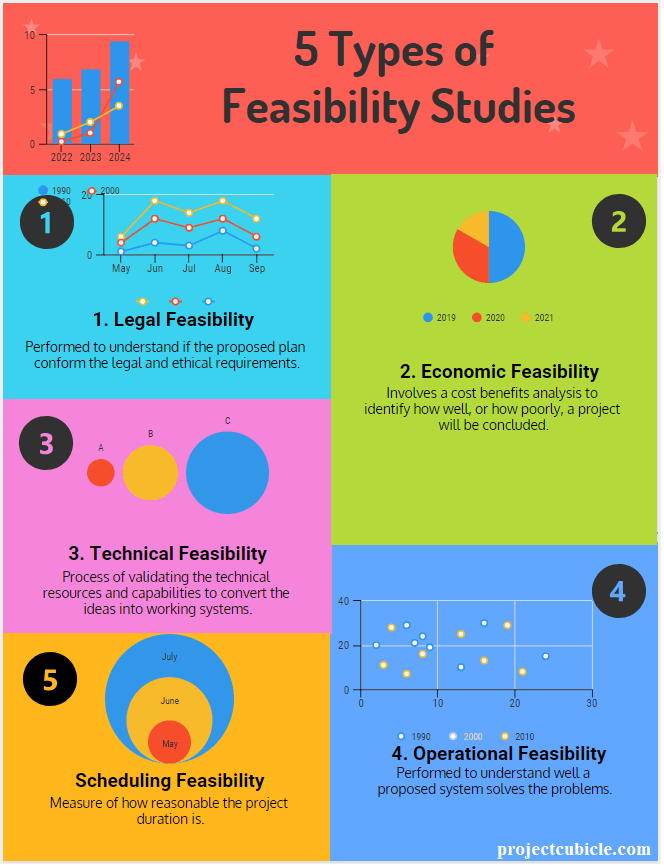- To determine the
need of developing a new information system in order to get the right
information.
Activities
1) Review, approve
and prioritize the project request
- System Analyst
investigates current system to determine if the system is adequate or there is
a need for new system
2) Allocate resources
such as money, people, and equipment
- If there is need
for new system then it will look into its feasibility, whether it is feasible
form financial technical, social, and legal point of view.
3) Form a project
development team for each approved project
Why Planning
Phase carried not well?
- Unrealistic
goals
- No
accountability
- Inability to change
- Not having right
people involve
- Partial
commitment
Feasibility
Study
- An investigation
by the system analyst to determine if the project should proceed. The
feasibility of a project can be ascertained in terms of technical factor,
economic factor or both. The feasibility study is documented with a report
showing all the specification of the project. If the project is to proceed, the
feasibility study will produce a project plan and budget estimates.
-Types of feasibility
study
A) Economic
Feasibility
B) Technical
Feasibility
C) Operational
Feasibility
D) Legal
Feasibility
E) Scheduling Feasibility
Economic
Feasibility
- Study about the projected benefits of the
proposed system outweigh the estimated cost
- For example, you
are going to build a development team for a project, so there are many factors
that are considered in the economic feasibility study. So first, you need to think
about the development team. For a development team, you must pay them salary
and provide them development training and also consultant fees. For their comfort
in the company, you need to provide them suitable office space and equipment
and also vendor. For the software and hardware used, you must consider their
license, fees and latest updates. Besides that, you also need to consider data
conversion cost. Thus, these are the that are needed to consider in the
economic feasibility study
Technical
Feasibility
- Study that
measures whether the company has or can obtain the hardware, software and
people needed to deliver and then support the proposed information system
- For example, your company is planning to improve the current network
infrastructure. You analyzed the new system and concluded that the new system can
use the organization’s existing network infrastructure. For examples, project
location, project size, familiarly with technology, number of people, time and
features. This shows that a new system is technically feasible.
Operational
Feasibility
- Measure how well
the proposed information system will work
- For example,
your company are going to do a project to build a new theme park for a client.
Then you performed a study to determine how the theme park will operate in a
way that is conducive to its inhabitants, parking, dining, human flow,
accessibility. This can be an example of operational feasibility.
Legal Feasibility
- Measure whether the proposed system violates
the laws of the country or not
- For example,
your company is planning to open a branch in a new region. According to the
studies you recognize that the country does not allow an individual foreigner
owning a property. So, you select the rental option instead of buying.
Scheduling
Feasibility
- Measure at how
long the system will take to develop or whether it can be done in a desired
time-frame
- For example, an
investor proposed a shop construction project to your company. However, he
requested that the project will be completed in one year. The development team
conducted a feasibility study based on the requirements to complete the project
on time.
If you have any comments, please leave them below!
Don't forget to follow me and share! Thank you!


No comments:
Post a Comment
欢迎留言你的意见与看法!
If got any questions, please leave your comments below